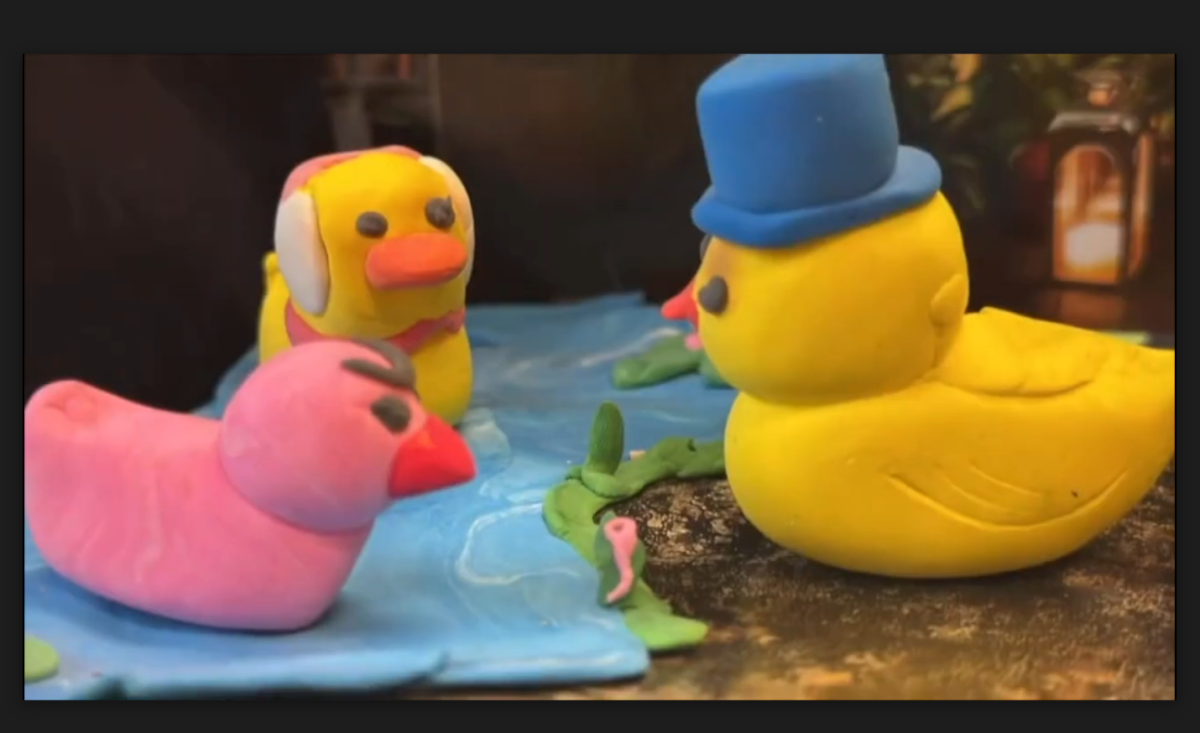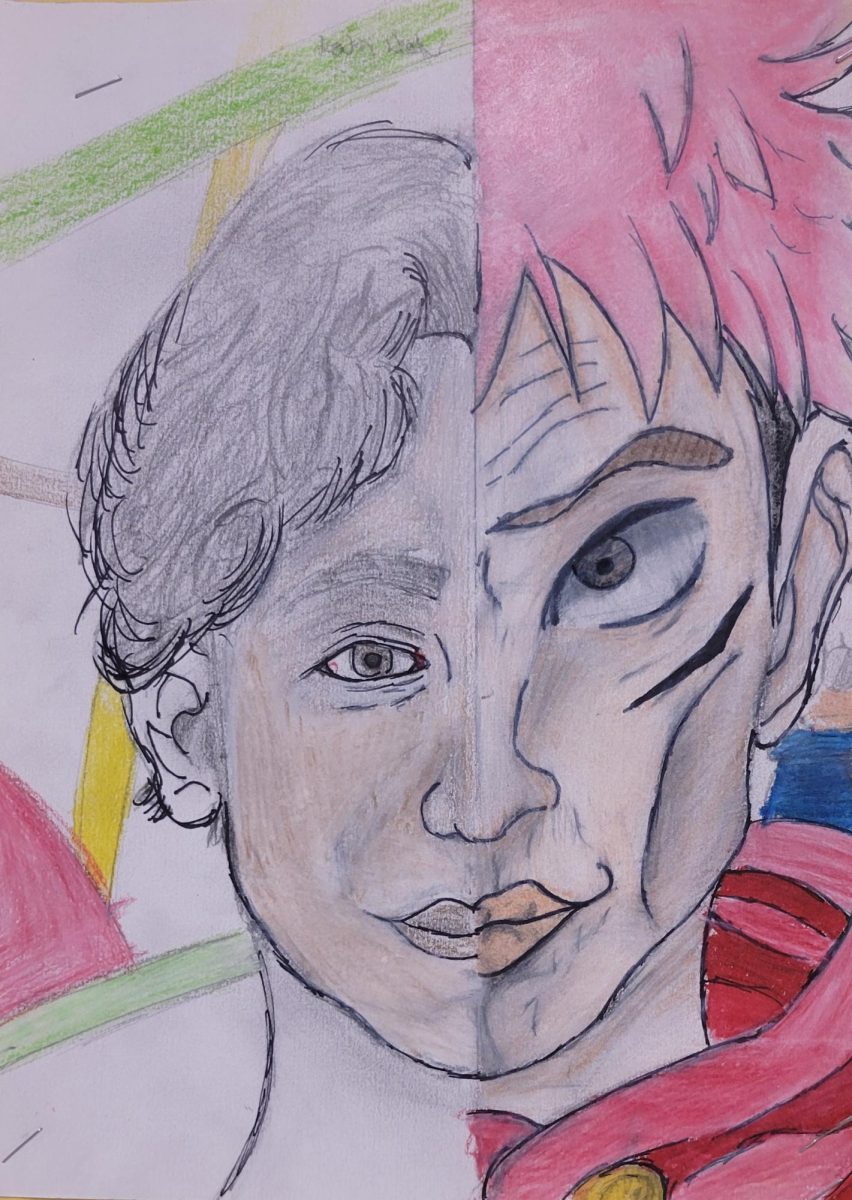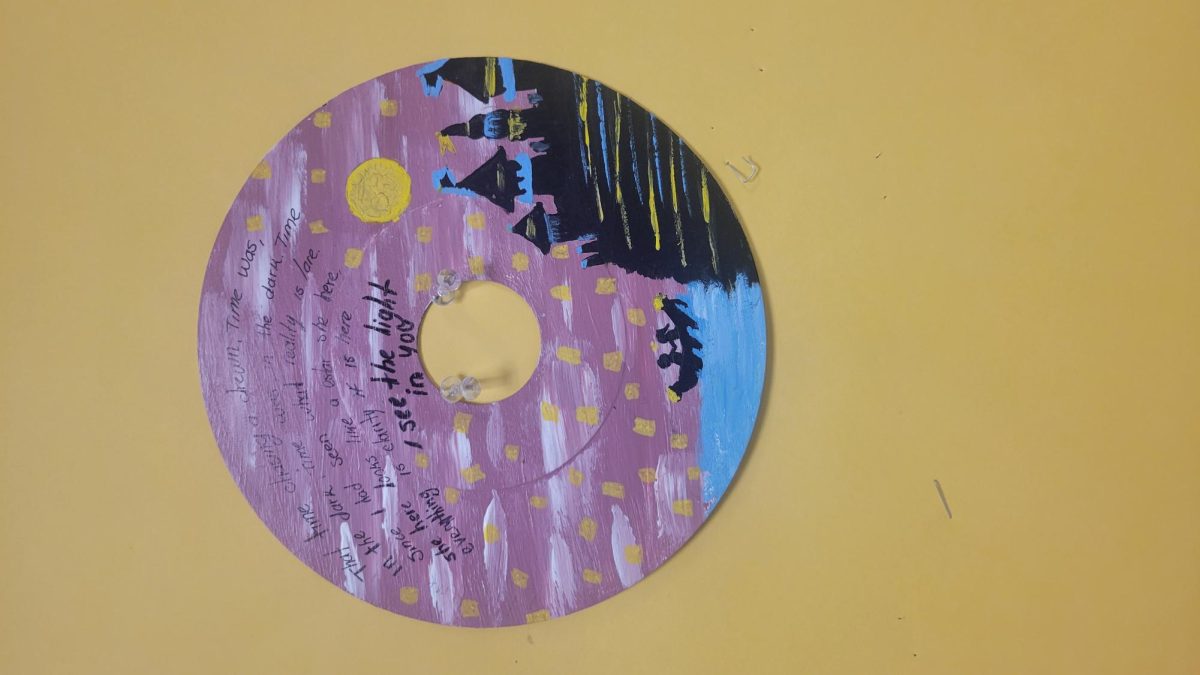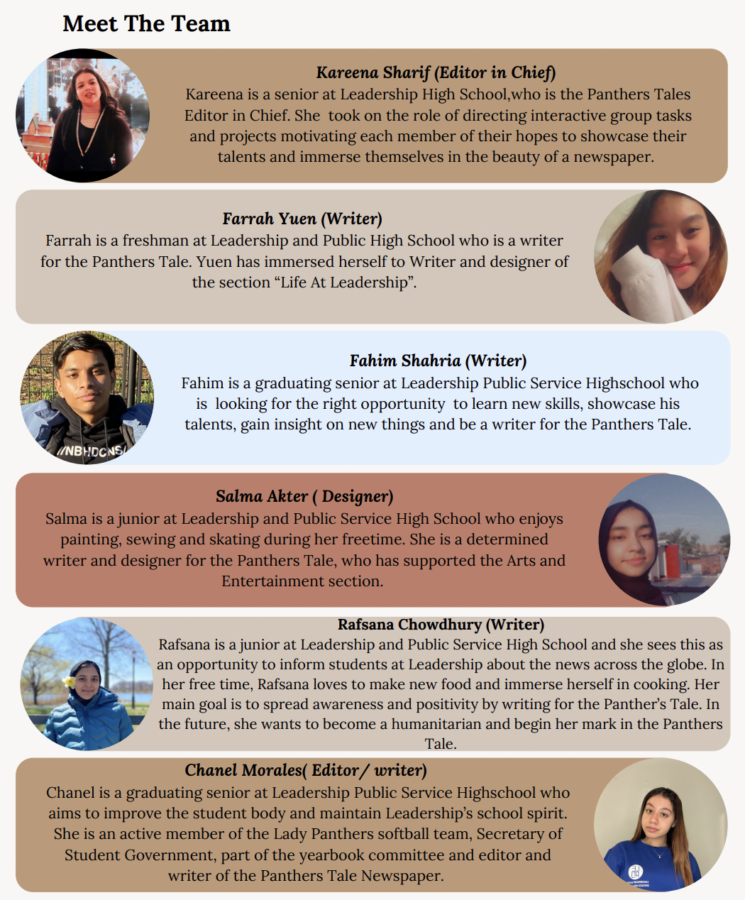Mental Health Awareness Here At Leadership: With Anxiety on the Rise, School Professionals Urge Prioritizing Mental Health
Translated in Spanish by Denisse Merino
For Belinda, a junior, thinking about school can make her anxious as she starts asking herself, “Did I look dumb? Did I do something that made me look dumb?” For another student who asked not to be named, “When I get anxious I start sweating and I can’t stay still.” During the time of quarantine in 2020, many families were isolated from each other to prevent the Coronavirus from spreading. Students took a school year remotely, limiting the amount of socializing they would have done before the pandemic.
Some things that students may get anxious about are school-related topics such as grades, classwork/exams, socializing with friends or classmates, and sometimes even teachers can add to a student’s anxiety. But there are personal reasons as well that are included in the cause such as family issues, financial issues, physical appearance, and/or eating habits. “Social anxiety is really big,” said Ms. Callie, a school therapist assigned to Leadership, when she was asked what are some things kids get anxious about. “And it’s gotten much worse since Covid-19 because we all got used to being inside 24/7, and now boom you’re in class again, with a bunch of students.”
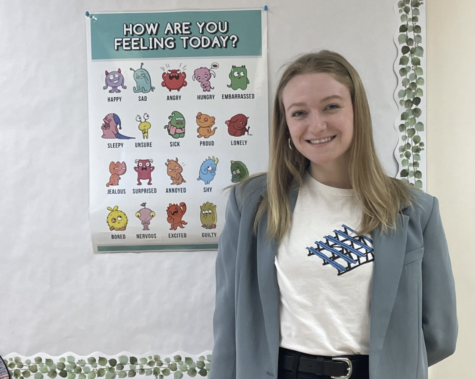
Lead News spoke to five students, and three said they stay quiet about how they feel, whether it’s ignoring it or giving it very little attention.
Ms. Gold, a chemistry teacher, said anxiety can be “your brain lying to you.” She said that anxiety creates a notion that “something bad will happen.” Ms. Gold added that anxiety might be hereditary.
“Generational trauma can change the way your anxiety presents and can make you more anxious because it’s in your DNA; Because that trauma happens repeatedly, it can change your DNA, change who you are as a person.”
Ms. Callie said, “I noticed a big part of anxiety is avoidance.”
For those trying to cope, listening to music alone and adding in a walk is helpful. According to one student, it is helpful to have headphones on so that they wouldn’t focus on every little noise that surrounds them — headphones block out distractions. For one student, who also did not wish to be named, there hasn’t been an outlet to `disclose one’s feelings: “If I do mention it (their feelings) people just don’t take it seriously.”
Students have access to several mental health professionals at school.
Ms. Callie helps students understand their feelings and helps them differentiate between what is factual and what is just their anxiety. She is supportive of therapy, saying it has been very helpful for her as well.
There are online resources that she recommends to students when they are unable to reach her, such as amaze.org or the apps Headspace and The Smiling Mind. Ms. Callie also supports the idea of self-care. She recommends “exercising, eating well, getting enough sleep, staying on top of your hygiene, spending time with friends, and doing fun things to improve your mood.”
Ms. Thomas, 9th ad 11th grade guidance counselor, helps students with time management, finding balance, and creating an action plan. When Ms. Thomas was asked “how can bad mental health impact kids?”, she responded “I don’t believe in overachieving to a point where you are stressed, beyond your capacity, where you don’t have friendships, or you aren’t doing things outside of school that you like,” Ms. Thomas said. “I think that’s too much and I don’t think High School should feel that way, life shouldn’t feel that way.”
The truth is, whatever you feel, someone else out there has experienced it or is going through it as well. You are not alone. There are many ways to cope, try different things, and don’t be afraid to find out what best helps you!
Your donation will support the student journalists of Leadership and Public Service High School . Your contribution will allow us to purchase equipment and cover our annual website hosting costs.






